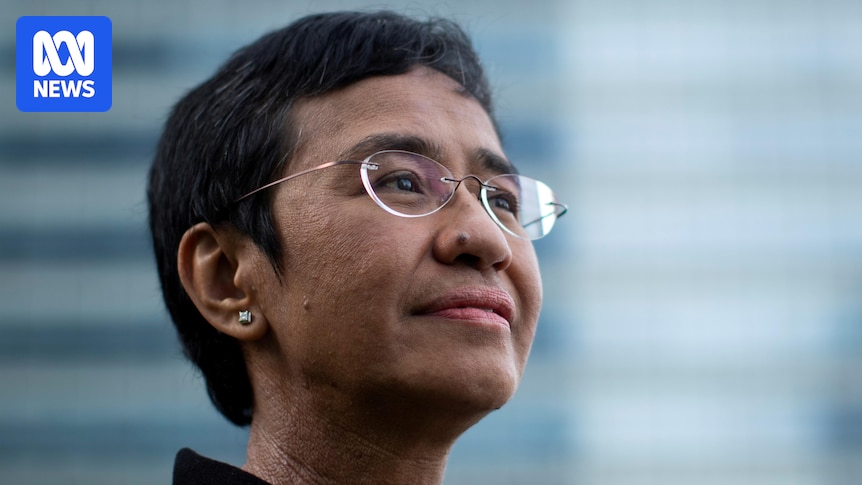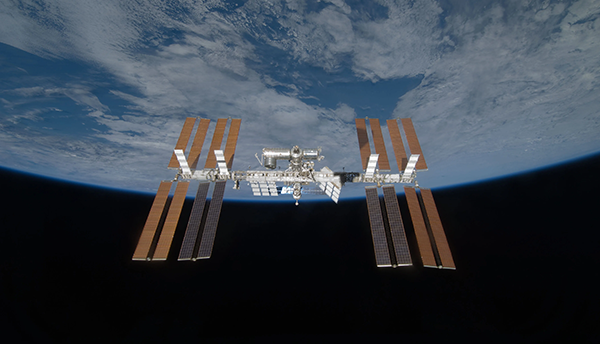
There was international outrage this week following the deadly attack at a hospital in Gaza that resulted in the deaths of at least 22 people, including health workers, emergency responders, and five journalists. The incident, which unfolded on an outside staircase, has drawn widespread condemnation and highlighted the ongoing violence and suffering in Gaza.
The tragedy was compounded by a second strike, reportedly involving two projectiles, which targeted individuals responding to an initial attack that had already claimed the life of a Reuters cameraman and others. This stairwell, a known spot for journalists due to its reliable mobile signal, became a site of horror as it was struck again.
Maria Ressa, a Nobel Peace Prize-winning journalist, has spoken out against the global trend of impunity, a theme underscored by the Gaza attack. Ressa, who has been vocal about the erosion of democratic norms worldwide, draws parallels between these events and the actions of authoritarian leaders.
Global Reaction and Israeli Response
The outrage over what is described as a “double tap” attack extends beyond the immediate loss of life. The Israeli government’s response, which included initial denials and later claims of targeting Hamas operatives, has been met with incredulity. This pattern of response echoes past incidents, such as the killing of World Central Kitchen workers, including Australian Zomi Frankcom, last year.
Ressa argues that such actions reflect a broader trend of leaders acting with impunity. “This is our generation. This is our time. Will our leaders come together [to address this]? Because what we’ve seen is impunity, the violation of the international rules-based order,” she stated.
Journalists Under Fire
The attack on journalists in Gaza is part of a disturbing pattern. According to the United Nations, 247 journalists have been killed in Gaza since October 2023. The deaths of journalists like Anas al-Sharif, who predicted his own death, underscore the perilous conditions for media workers in conflict zones.
Ressa emphasizes the critical role journalists play in documenting these events, despite the risks. “Freedom of speech is largely an illusion if you cannot help people who are dying,” she noted. The absence of foreign journalists, due to Israeli restrictions, places the burden of reporting on local Palestinian journalists, often at great personal cost.
Democracy and the Role of Social Media
Beyond the immediate conflict, Ressa is deeply concerned about the decline of democracy globally, particularly in the United States under former President Donald Trump. “Seventy-two percent of the world is now under authoritarian rule,” she remarked, highlighting the election of illiberal leaders through democratic means.
Ressa’s insights are informed by her experience covering the regime of former Philippines President Rodrigo Duterte, who is now facing charges in the International Criminal Court. She draws parallels between Duterte’s rise and the political climate in the United States, describing it as “death by 1,000 cuts.”
“Without facts, you can’t have truth. Without truth, you can’t have trust. Without these three, you have no shared reality.” – Maria Ressa
Ressa’s ongoing focus is on the role of social media in spreading misinformation and manipulating public discourse. She criticizes tech companies for their role in undermining democracy and welcomes Australia’s social media ban for children under 16 as a step in the right direction.
Implications for the Future
Ressa believes that the current geopolitical landscape requires new alliances to uphold international order. She sees potential for leadership from the global south and urges countries like Australia to play a more active role in supporting democracy in the region.
As the world grapples with these challenges, Ressa’s call to action is clear: “What are we all going to do? Are we just going to watch? That’s a challenge to governments, right? I know it’s complex. We all know it’s complex, but it’s also about power and money. So you gotta get your act together. Will we? Where’s our humanity?”
In a world where the lines between truth and falsehood are increasingly blurred, Ressa’s mantra of “fact, truth, trust” serves as a guiding principle for those committed to preserving democratic values.






